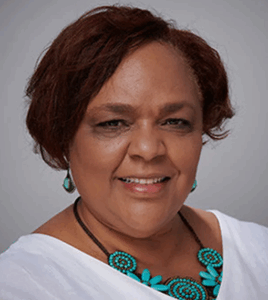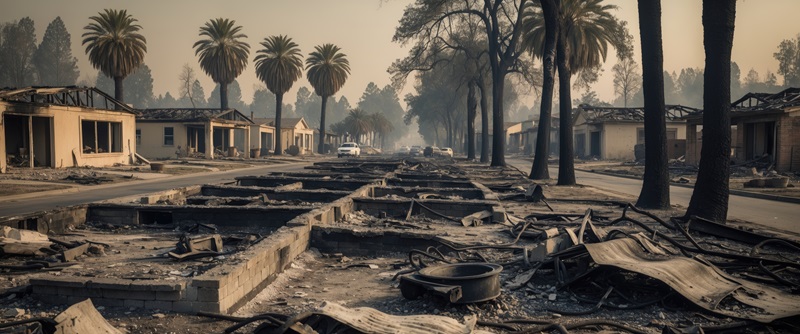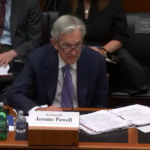When brush fires erupted in the Palisades region of Los Angeles County the morning of January 7 (a Los Angeles neighborhood east of Malibu), its reach eventually spread across 23,448 acres, according to the California Department of Forestry and Fire Protection (Cal Fire), causing damage to more than 6,800 structures. A second fire, the Eaton Fire, igniting just hours after the Palisades Fire near a canyon north of downtown Los Angeles, spread across approximately 14,021 acres, damaging nearly 10,500 structures in its path.
According to William Yu, Economist for the UCLA Anderson Forecast, the estimated economic impact of the Los Angeles County wildfires was far more reaching than just the housing market. Total estimated property and capital losses could range between $76 billion and $131 billion, with insured losses estimated up to $45 billion. The region also experienced a 0.48% decline in county-level Gross Domestic Product (GDP) for 2025, amounting to approximately $4.6 billion, along with a total wage loss of $297 million for local businesses and employees in the affected areas.
As the rebuild process continues in the wake of the Los Angeles County region, in the largely middle-class area of Altadena, for example, more than 80 property owners have sold their properties rather than rebuild, with many of the new buyers being developers.
Some community members are growing concerned that by building pricey new homes, developers will usher in a new wave of gentrification, however, a group of nonprofits are looking to change that.
One such nonprofit, Neighborhood Housing Services of Los Angeles County (NHS), is working to keep residents in Altadena through grants and other support that enable homeowners to rebuild, particularly the uninsured or underinsured. NHS serves as a catalyst for local residents, business, and government representatives to work together to build stronger neighborhoods, improve the quality of life for low- to moderate-income families, and revitalize communities into neighborhoods of choice.
NHS works to strengthen communities by developing and maintaining quality affordable housing, creating, and preserving affordable homeownership opportunities, supporting local leaders, providing financial education, and increasing the financial independence of families and people in need.

Lori Gay, CEO of NHS, is looking to purchase burned properties, build homes on them, and sell to people from regions impacted by the wildfires at prices they can afford.
Incorporated in 1984 as a member of the NeighborWorks Network, NHS has grown from a small local housing agency into one of the largest non-profit affordable homeownership providers in the Southern California region. NHS has served clients and strengthened neighborhoods, helping to improve the quality of life for families in need through the development and rehabilitation of more than 27,000 housing and commercial units, having placed 4.8 million families on the road to homeownership, while employing more than 265 neighborhood youth, and having reinvested more than $8.5 billion back into some of Los Angeles County’s most underserved neighborhoods.
Gay has been President and CEO of NHS since 1990. In addition to her three-plus decades with NHS, Gay has served on numerous boards of directors, including the Federal Reserve Bank of San Francisco, Los Angeles Branch, the California Organized Investment Network, and the California Housing Finance Agency.
MortgagePoint had a chance to speak with Gay about NHS and its efforts to rebuild the Los Angeles County region, assisting those impacted by January’s wildfires on the road to rebuilding their lives and a healthy recovery.
Q: How did you get your start in the industry?
Lori Gay: I was hired as a Clerical Pool Supervisor in a healthcare marketing company, saw an ad in the Los Angeles Times to work at Neighborhood Housing Services of Los Angeles County. I applied and quit my $40,000 a year job to start a $14,000 a year job where I could serve families every day.
Q: What attracted you to the affordable housing and nonprofit sector?
Lori Gay: I always knew I wanted to work in the nonprofit sector and serve families. Finding Neighborhood Housing Services helped me know how much affordable homeownership, and stabilizing housing meant to me. I have not looked back. The honor and privilege of serving ‘people,’ not just bricks and mortar, is what makes the housing component stand out.
Q: Did you have any mentors who guided you on your path?
Lori Gay: Marcia Hampton and Fran Justa were two women, both deceased, who helped me get going and stay on the path in my community development career. I have had others over time, but Marcia and Fran were two of my earliest years ‘in the field’ that helped shape a great deal of my thinking and vision.
Q: In regard to helping rebuild the Los Angeles area, how is Neighborhood Housing Services of Los Angeles County progressing in your goal of purchasing burned properties?
Lori Gay: We have two right now, and 10-12 more on the immediate horizon … not too fast, and that is good, and more homes saved.
Q: What barriers and hurdles have you faced to date in meeting this goal?
Lori Gay: We always need more patient capital.
Q: What is the typical home value in the Altadena region?
Lori Gay: Homes in that region average $1.2-$1.7 million each.
Q: Do you feel many residents will be displaced and unable to afford a rebuild in the region?
Lori Gay: Many will not be able to rebuild, absent major interventions. We need Community Development Block Grant Disaster Recovery (CDBG-DR) Grants more than anything else.
Q: Any final comments on the goals of the Neighborhood Housing Services of Los Angeles County in this endeavor?
Lori Gay: As the PowerPoint on our vision and business goals states: 1,000 home saves over the next 18 months; 4,000 families counseled over next 24-36 months; 750 interim housing assists, including 250 for seniors and low-income; and 1,000 affordable loans packaged and funded (250 facilitated for the market rate client, 250 for low-income and 500 for moderate- to middle-income). We project up to 200 acquisitions of land to hold for families for resell, land banking and/or legacy work to help keep in their families. We have coalition members who will engage in small business and community facility rebuilds, as well as multifamily project rebuilding.





